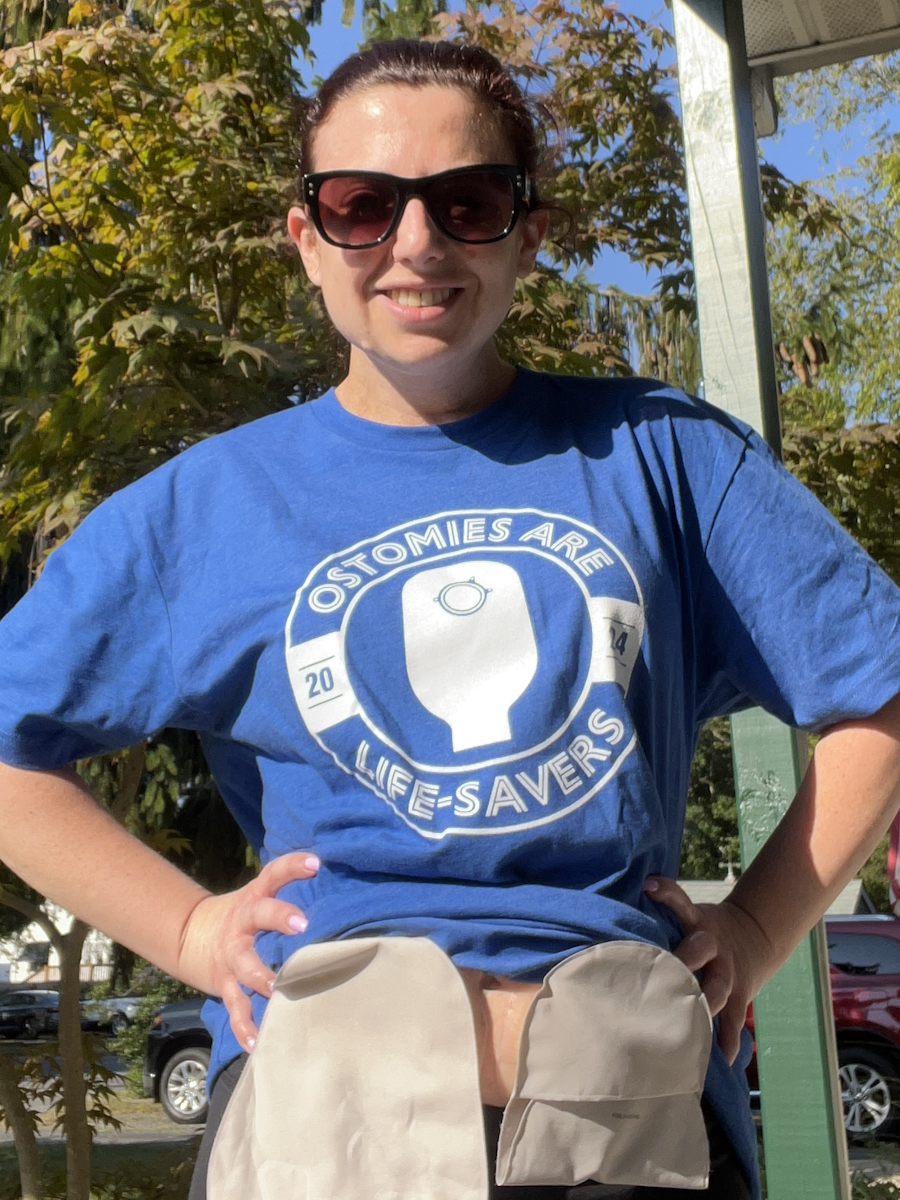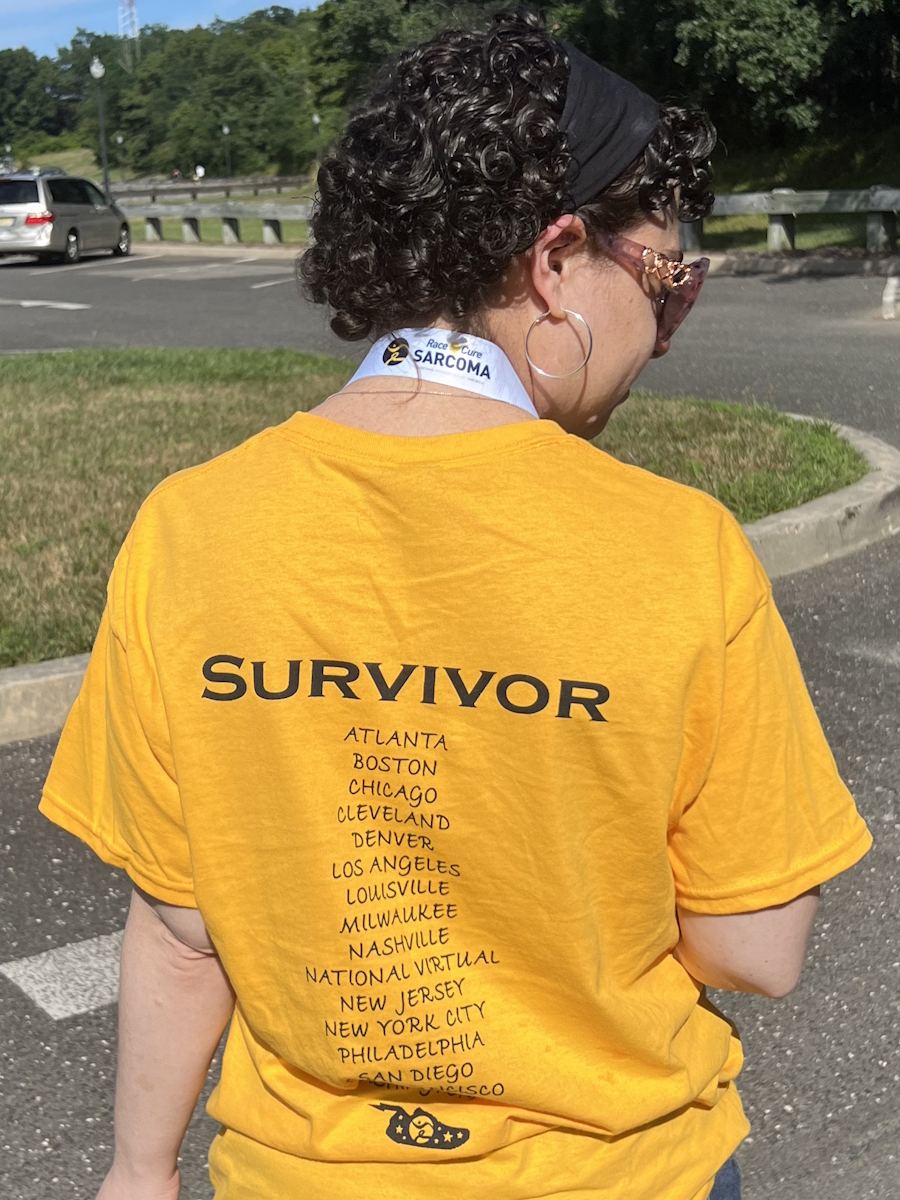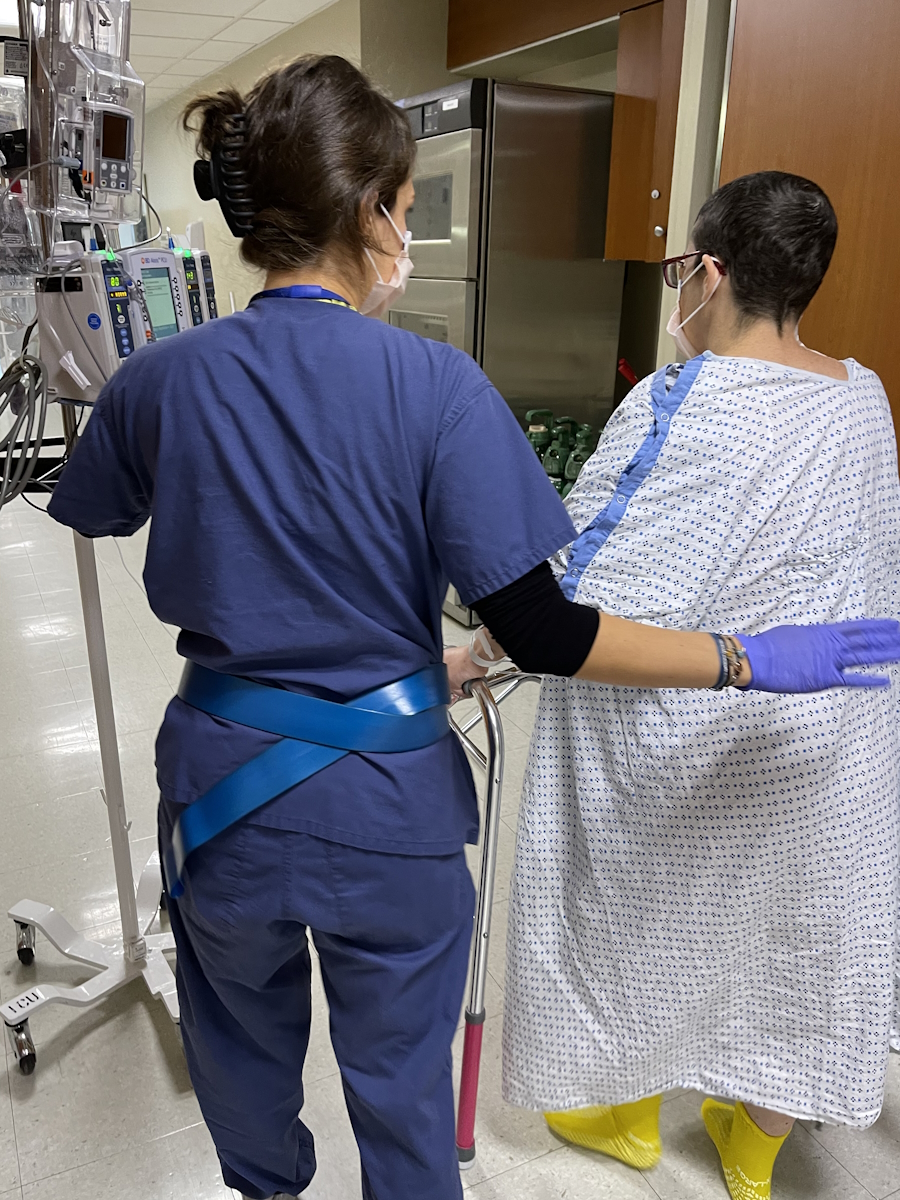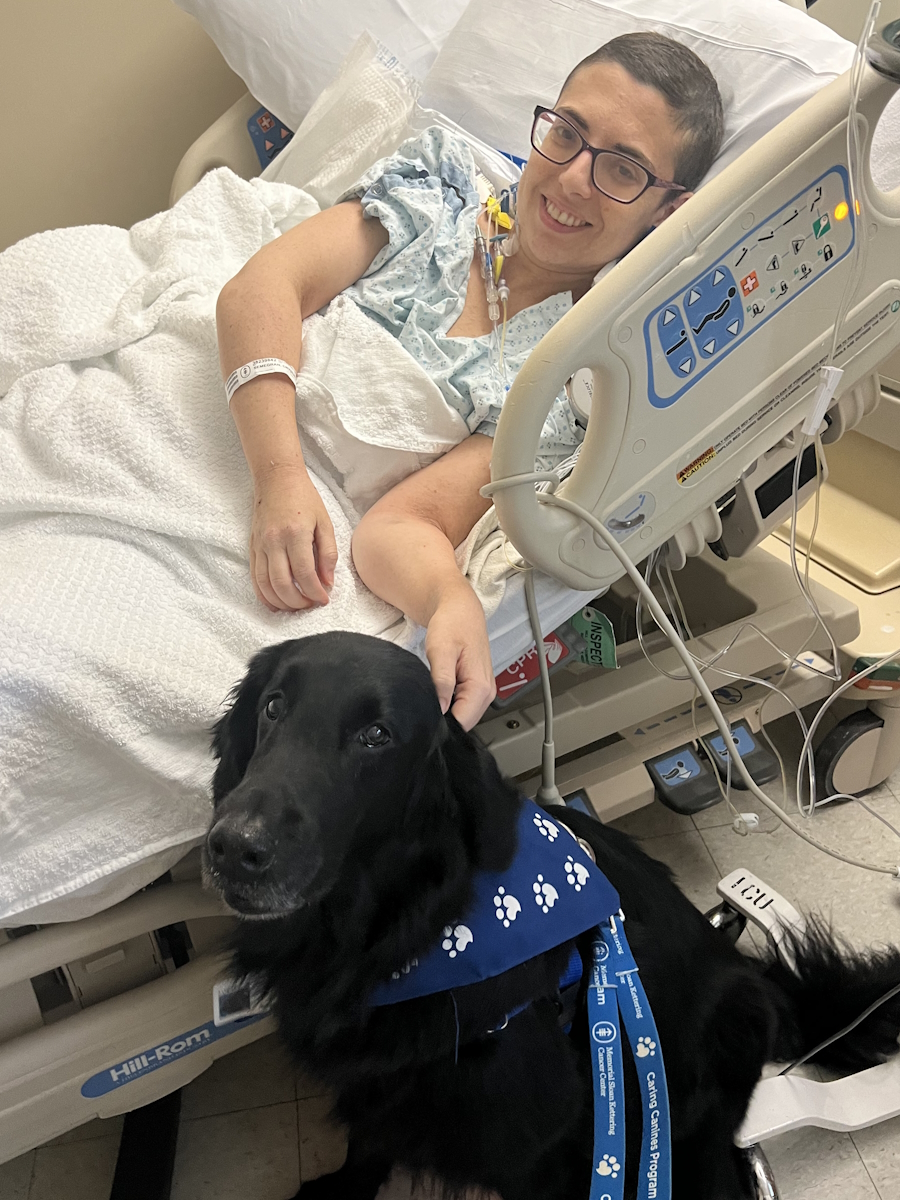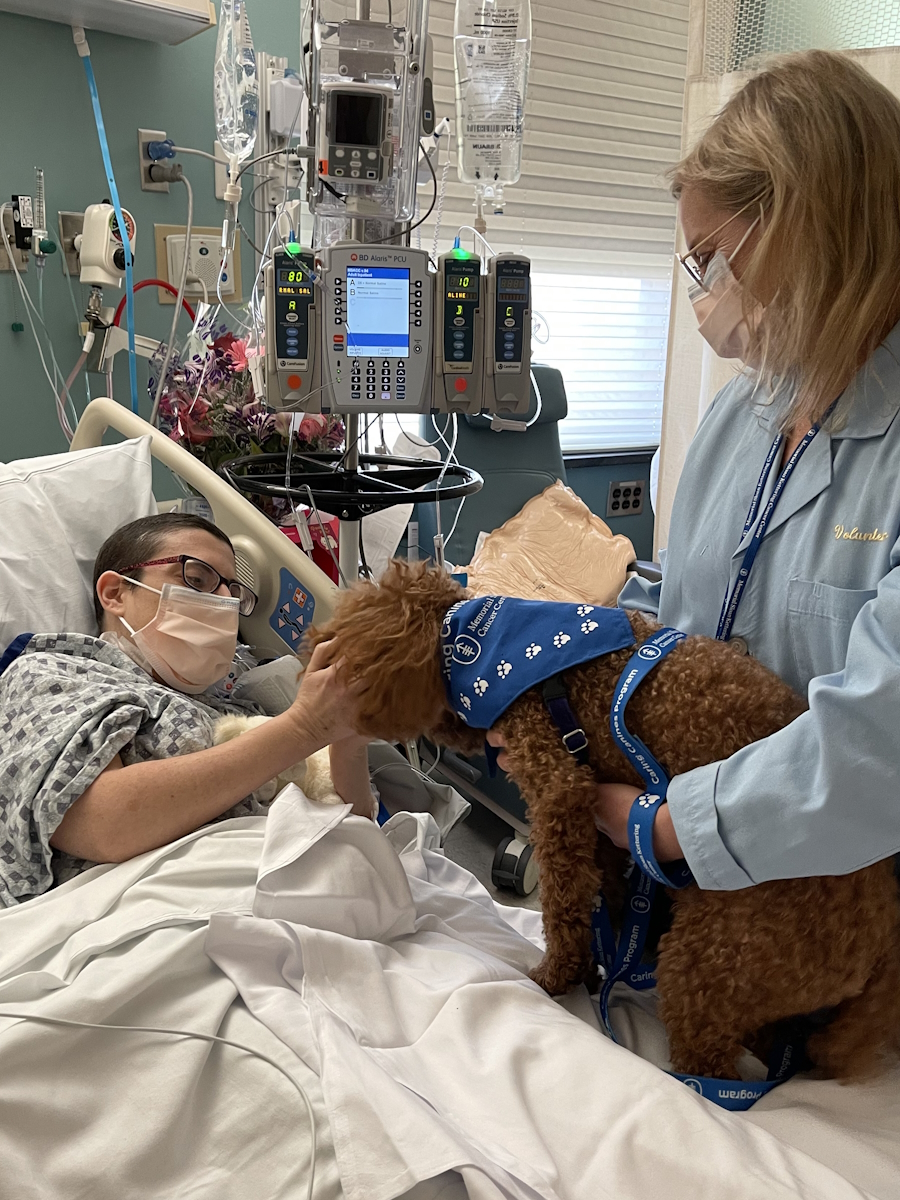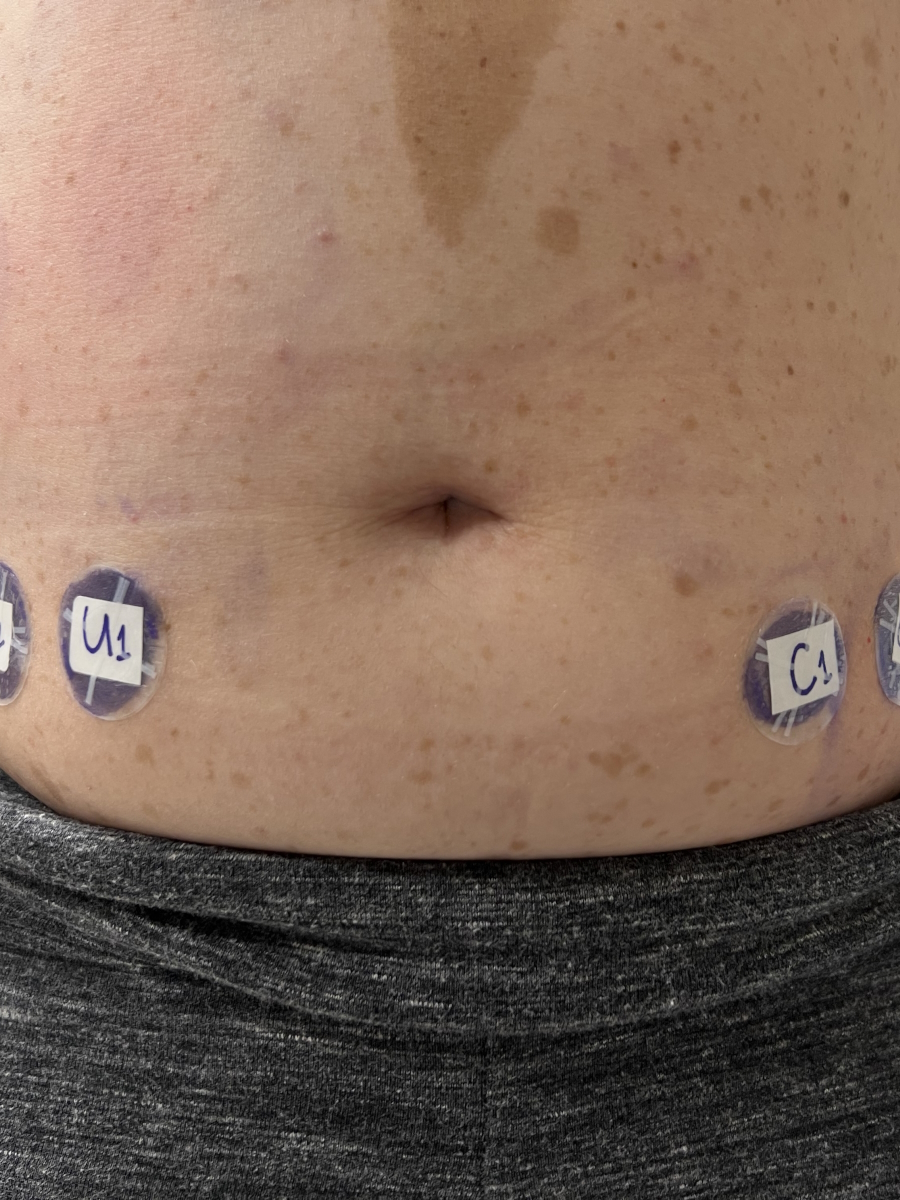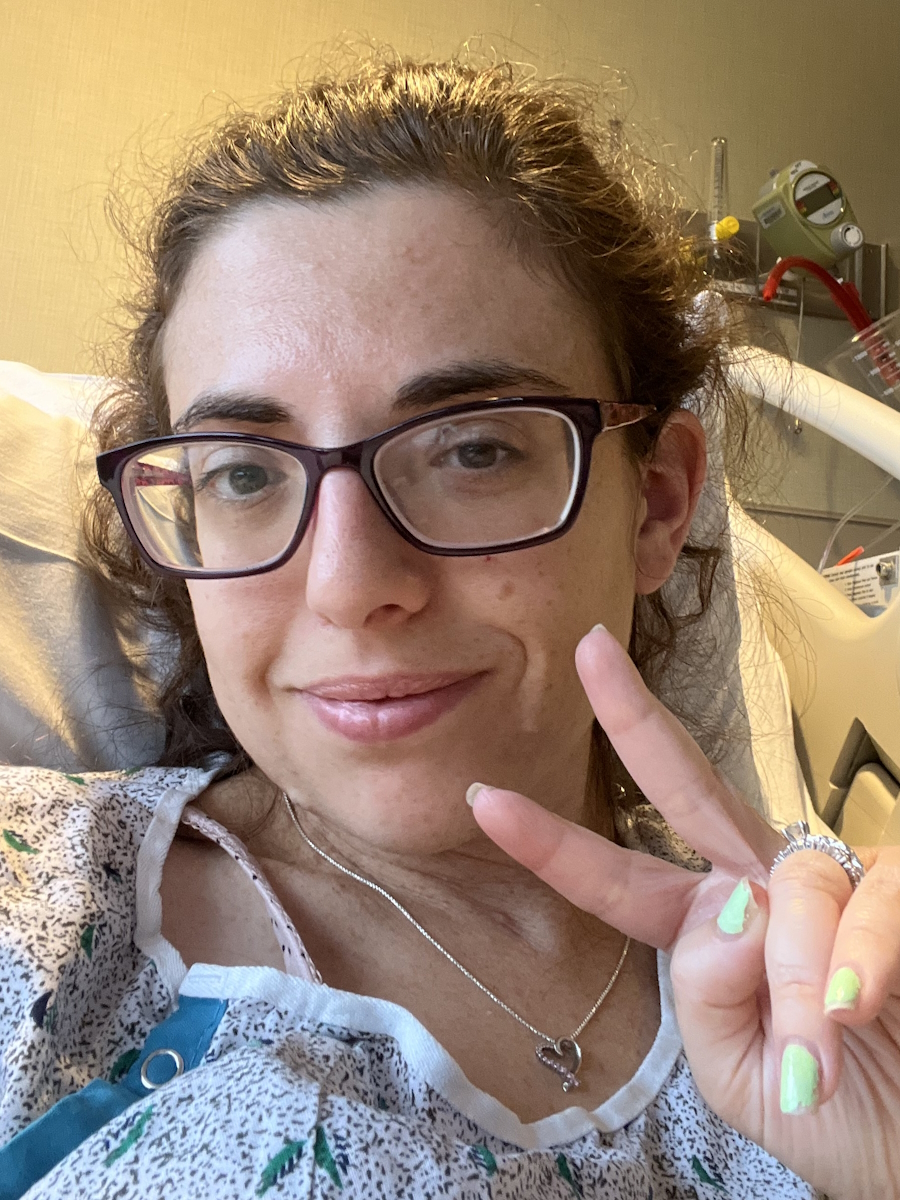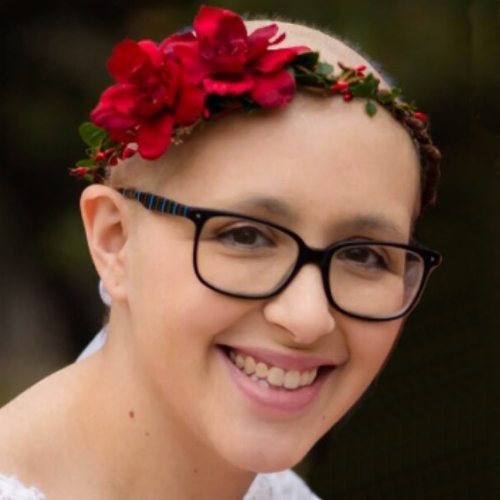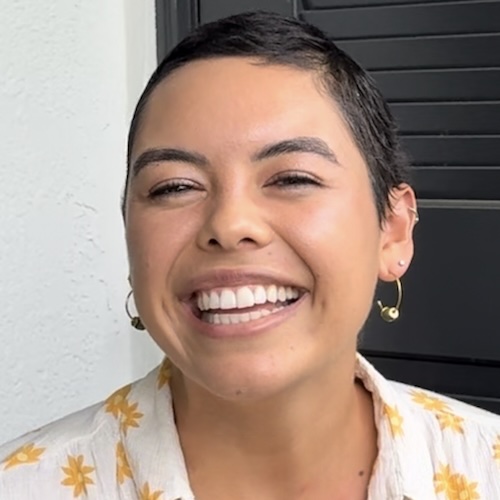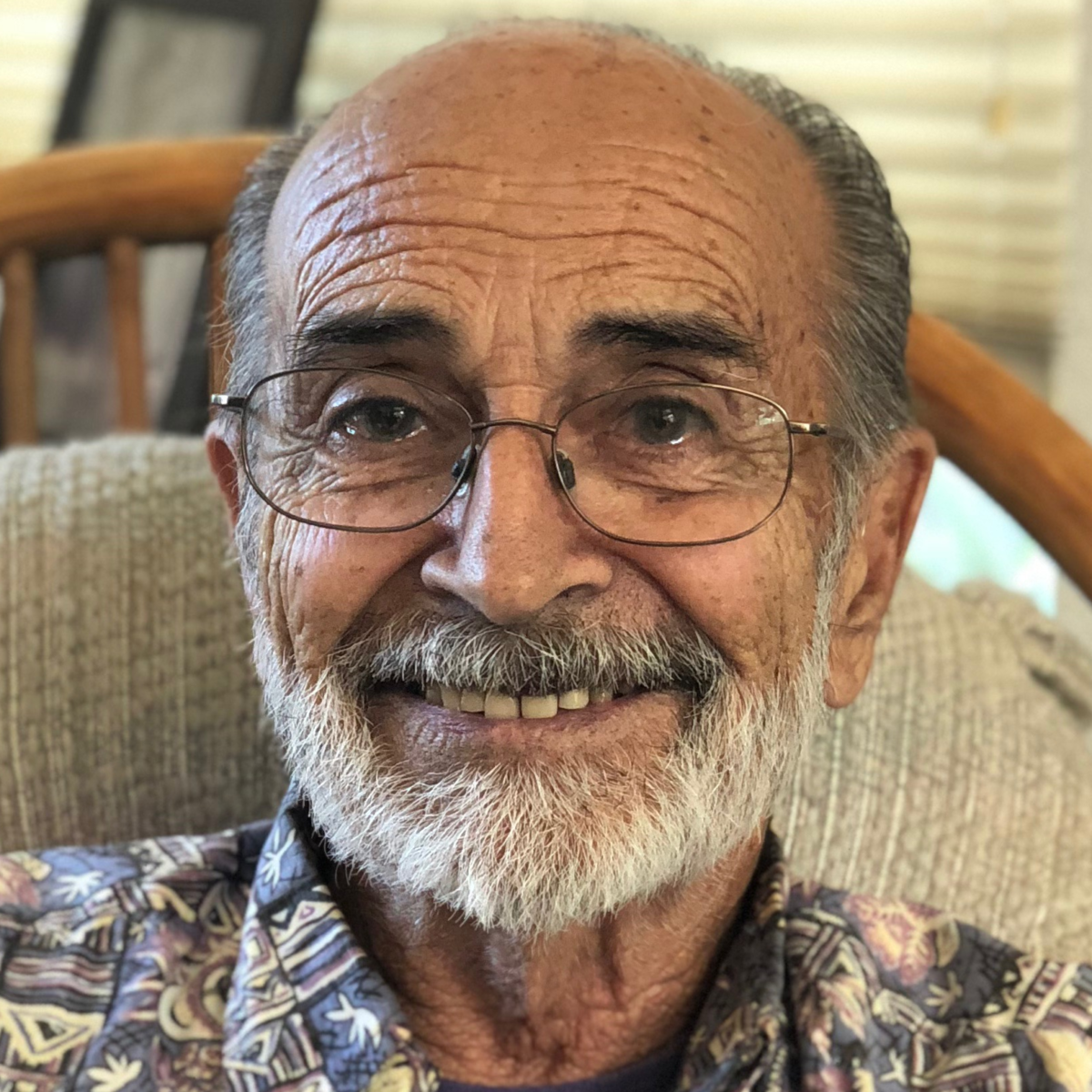How Getting a Second Opinion Saved Crystal’s Life After a Very Rare Soft Tissue Sarcoma Diagnosis
Crystal is the kind of person who lights up a room — bubbly, energetic, and always smiling. But in February 2022, her world shifted when she started having severe trouble urinating. What started as one uncomfortable ER visit turned into a life-changing realization: she had a malignant peripheral nerve sheath tumor (MPNST), a very rare type of soft tissue sarcoma tied to her neurofibromatosis type 1 (NF1).
Interviewed by: Nikki Murphy
Edited by: Katrina Villareal
Doctors initially thought it was a urological issue. After being catheterized twice, Crystal pushed for more testing. When her request for a CT scan was denied, she advocated fiercely for herself until they agreed. That scan revealed a mass. It was a shocking moment that would eventually lead to the correct diagnosis of MPNST sarcoma, a type of cancer that requires highly specialized care.
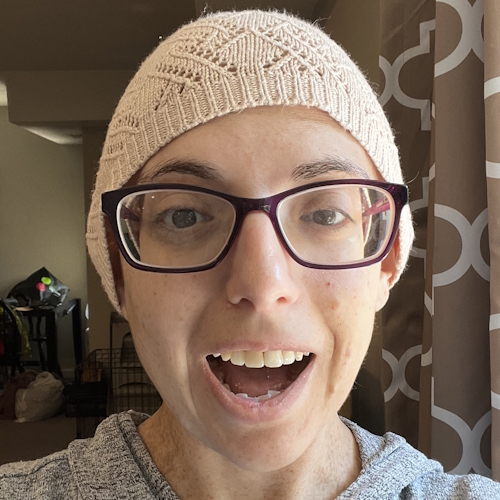
Despite discomfort with change and loyalty to her first care team, Crystal followed her instincts — and the advice of supportive family and friends— and got a second opinion. That decision changed everything. Her new sarcoma specialist reviewed all her records and immediately diagnosed her with MPNST sarcoma, which aligned with her NF1 diagnosis.
Not only did this doctor explain the cancer more clearly, but he also had a complete surgical plan laid out at their very first meeting. Crystal finally felt seen, heard, and, most importantly, safe. That second opinion gave her more than just answers; it gave her a confident path forward for treating her MPNST sarcoma.
Crystal’s surgery was complex and intense: a procedure that included bladder and rectum removal, a permanent colostomy and urostomy, and reconstructive work. Recovery was rough, both mentally and physically. However, Crystal managed to get through it by staying informed, engaging with online communities, and learning how to adapt to her new normal. Social media became unexpected lifelines for practical advice and emotional support. Navigating life after MPNST sarcoma isn’t easy, but Crystal found strength in unexpected places.
Crystal is now nearly three years cancer-free. She emphasizes how essential it is to advocate for yourself, ask questions, and not be afraid to speak up, even if doing so feels uncomfortable. Her story highlights how vital it is to meet with a doctor who specializes in your specific cancer, especially with rare cancers like MPNST sarcoma. A second opinion didn’t just help; it gave her a real shot at living her life again.
Watch Crystal’s full video to find out more about her story:
- Hear how a wrong diagnosis nearly changed everything and how Crystal uncovered the truth about her MPNST sarcoma.
- Find out why she pushed for a CT scan and how speaking up became her most powerful tool.
- Learn how social media and community support helped her face life after surgery with two ostomy bags.
- Discover why choosing a sarcoma specialist made all the difference in Crystal’s care.
- See how Crystal’s second opinion gave her not just a new diagnosis but a real plan and peace of mind.
- Name: Crystal S.
- Age at Diagnosis:
- 29
- Diagnosis:
- Malignant Peripheral Nerve Sheath Tumor (MPNST)
- Symptoms:
- Inability to urinate
- Intense pain due to inability to urinate
- Treatments:
- Chemotherapy
- Surgeries: cystectomy (bladder removal), proctectomy (rectum removal or Barbie butt surgery), permanent colostomy and urostomy, partial hysterectomy, reconstruction
This interview has been edited for clarity and length. This is not medical advice. Please consult with your healthcare provider to make informed treatment decisions.
The views and opinions expressed in this interview do not necessarily reflect those of The Patient Story.

Inspired by Crystal's story?
Share your story, too!
More Soft Tissue Sarcoma Stories
Kara L., Synovial Sarcoma, Stage 1B
Symptoms: Pain behind left knee, needle-like sensation in left foot
Treatments: Surgery to remove what was thought to be benign tumor, chemotherapy, final surgery, radiation (36 sessions)
...
Jillian J., Synovial Sarcoma, Stage 3
Symptom: Pain in leg for over 15 years
Treatments: Surgeries (tumor resection, thoracotomy)
...
Marisa C., Synovial Sarcoma, Stage 4
Symptom: Small bump on the foot (stable for years, then grew during pregnancy), pain when pressed
Treatments: Surgeries (below-knee amputation, pulmonary wedge resections, segmentectomy), chemotherapy, radiation (lungs & hip)
...
Julie K., High-Grade Poorly Differentiated Spindle Cell Synovial Sarcoma, Stage 4
Symptoms: Chest and back pain after car accident, trouble breathing
Treatments: Chemotherapy, surgeries (lung resection, video-assisted thoracoscopic surgery or VATS, neurectomy, rib removal), radiation therapy (CyberKnife)
...
McKenna A., Synovial Sarcoma, Stage 3 Grade 3B
Symptoms: Insomnia, weak immune system resulting in persistent illnesses such as UTIs and strep throat, severe swelling in left leg
Treatments: Surgery (tumor excision), chemotherapy, radiation therapy (proton radiation), integrative therapies
...
Monica H., IDC, Stage 2B & Undifferentiated Pleomorphic Sarcoma
Symptoms: Tightness and lump in left breast
Treatments: Chemotherapy, radiation, surgery
Nicole B., Undifferentiated Pleomorphic Sarcoma, Stage 3
Symptoms: Severe intolerance to food, nausea
Treatments: Surgeries (cholecystectomy, Whipple), chemotherapy (Gemcitabine and Taxotere)
Louis D., Gastrointestinal Stromal Tumor (GIST)
Symptom: Feeling the need for constant urination
Treatments: Surgery to take out the tumor, maintenance chemotherapy (3 years)
...
